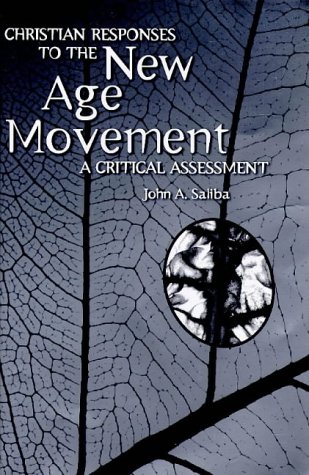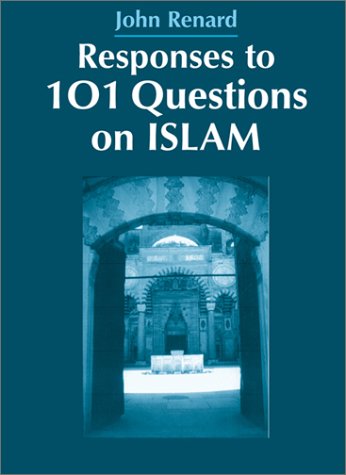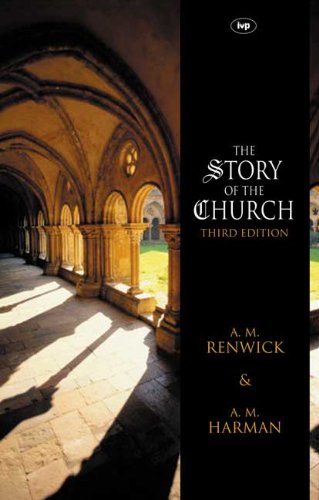The Mark of the Spirit?
Written by L. Pieterson (ed.) Reviewed By Graham McFarlaneThere is perhaps, nothing more irritating than a book whose title contains a double entendre. The reader picks it up because of the primary meaning contained in the title and has the right to presume that the book’s contents will engage directly with the phenomenon now known as the ‘Toronto Blessing’. However, at closer inspection, this is not so. The book is a critique of Mark Stibbe’s deliberations on the Toronto Blessing as outlined in his book Times of Refreshing: A Practical Theology of Revival Today. For those who are interested, then, in both the, Toronto Blessing and the theology coming out of St Andrews, Chorleywood, read on!
This compact book is first of all, a very easy read. It comprises of four contributions from self-confessed sceptics of the ‘Blessing’, three of whom are intimately connected with the Biblical Studies department at Sheffield University. As such, the book is a good example of the application of biblical studies to contemporary phenomena, displaying both the strengths and weaknesses of this procedure.
The editor, Lloyd Pieterson begins with a critique of Stibbe’s view that the Toronto Blessing is an example of how God uses cultural mores in order to engage with our culture. In this case, God uses ecstatic phenomena to attract a culture that is interested in, if not addicted to the to, the ecstatic. Admittedly, this is stretching the notion of incarnation somewhat and Pieterson goes on to critique this method by applying a sociological critique to the issue. Here, we confront one of the strengths of the book that will reward any interested party. The question, however, is to what extent it is itself a balanced-perspective. Mark Smith then leads the reader through an analysis of Stibbe’s use of ‘This-is-that’ hermeneutics. Stibbe argues for a particular interpretation of Ezekiel 47:1–12 which suggests four waves of renewal of which the Toronto Blessing is the fourth. Not surprisingly Smith, loaded with his own hermeneutical armoury derived from his biblical studies, offers the reader an example of conflicting hermeneutics. This is an interesting text-case wherein one author presupposes the supremacy of his own interpretive skills over the other. Let the reader choose!
The reader then engages with the phenomenon of ecstatic laughter in Vivien Culver’s paper. Here the application of modern linguistic theory is applied to this contentious issue. The reader is exposed to some very incisive insights which both reveal the limits of biblical studies as well as the caveats to be found within charismatic apologetics. Again, the reader is exposed to the clash between a linguistic/textual and an experiential framework of interpretation.
Lastly, John Lyons offers a critique of an interpretative principle probably not well-known to the wider public. This is the Gamaliel principle which derives its title from Acts 5:38 where Gamaliel proffers a wait-and-see attitude to the new Christian movement. Not surprisingly, Lyons argues that historically there is no ground for using this principle in validating the Toronto Blessing.
With the rise of the ‘gold-teeth’ phenomenon sweeping through somewhat tired charismatic circles this little book will be of interest to anyone with questions about the wider Toronto movement. But beware! The authors of the book are not engaging with the movement so much as with one particular view of it. In addition, they do so from within a very limited perspective of Biblical studies, a textual discipline that has difficulty in engaging with the contemporary or innovative. Perhaps this last point is best reflected in the fact that there is no evidence that any contributor has been to the Toronto Airport Church and witnessed the phenomenon at first hand. Subsequently, the book lacks the pastoral dimension which would admit the revitalisation that takes place in the lives, hearts, marriages and ministry of those who go there in wilderness and experience streams in the desert. As such, whatever one may think this book reflects the fact that the Toronto Blessing subverts the received tradition and demands response. Let the reader beware, there is more to the truth than the text alone can convey.
Graham McFarlane
London Bible College, Northwood






